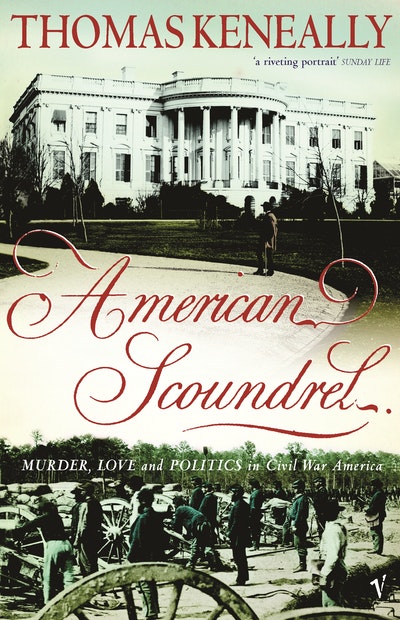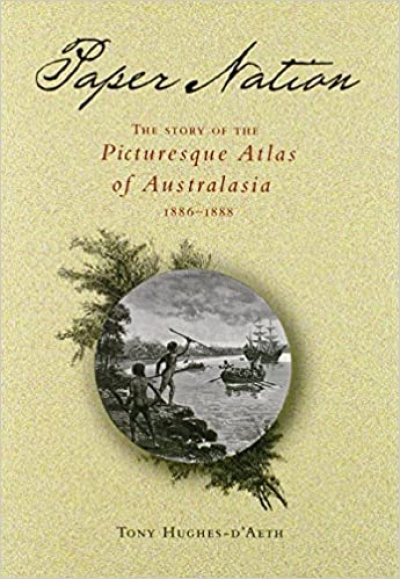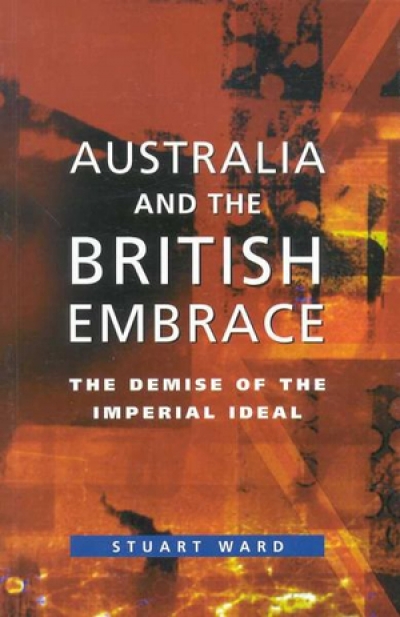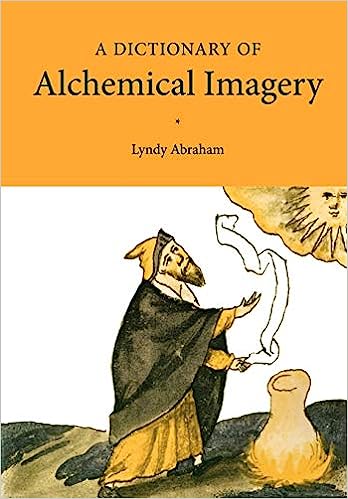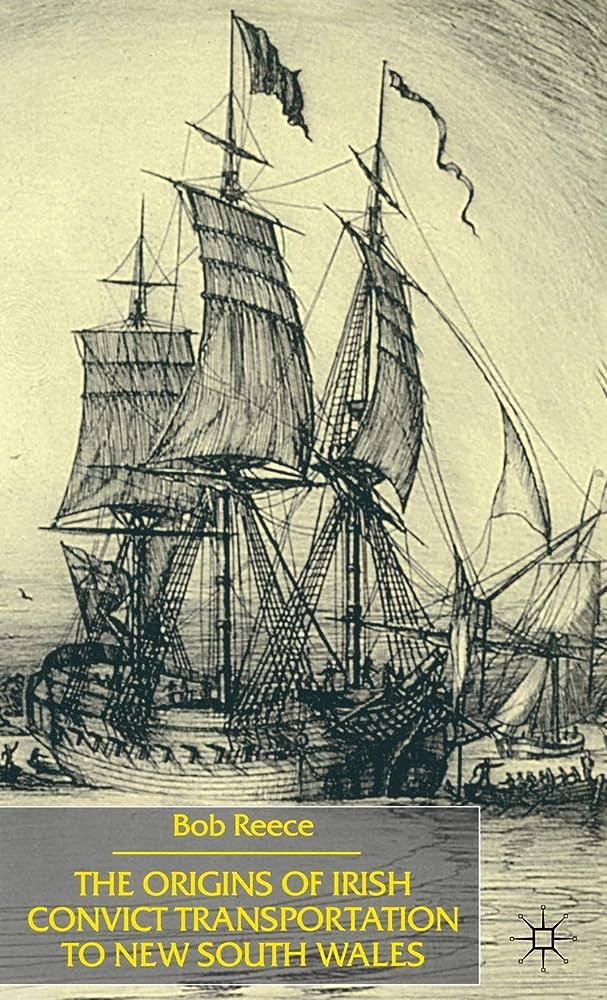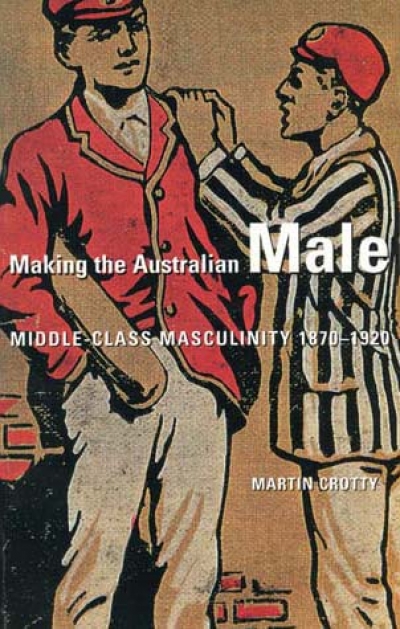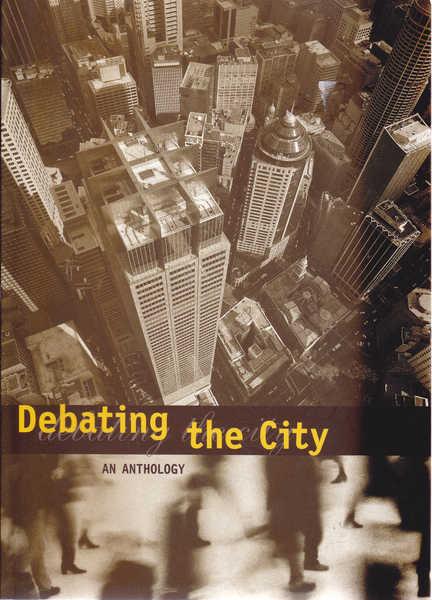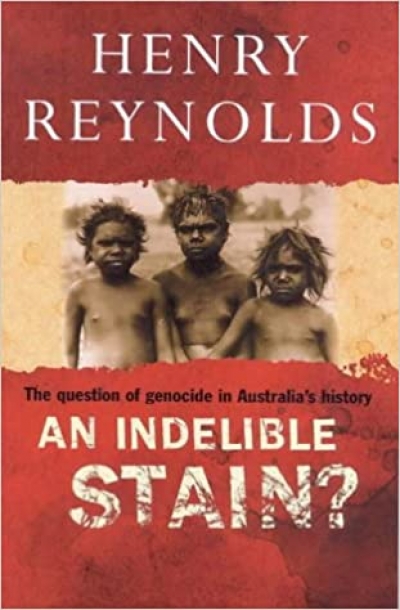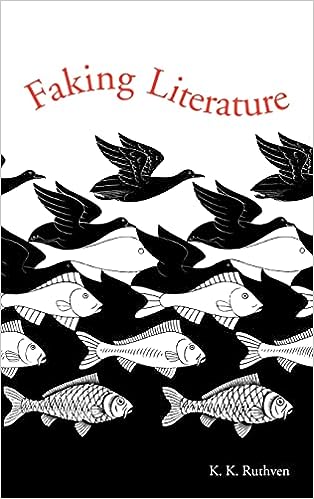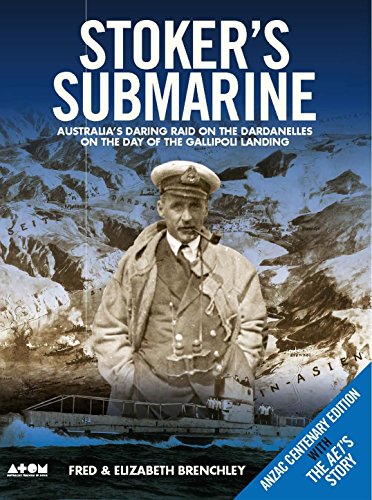History
American Scoundrel: Murder, Love and Politics in Civil War America by Thomas Keneally
‘Ah, Dan Sickles. I visited his leg,’ announced a colonel recently, as he spotted American Scoundrel on the floor of my office. He was referring to Sickles’s right leg, which was shattered by an unexploded cannonball on 2 July 1863, at Gettysburg. Sickles, as major general of the Third Corps of the Union army, had just led his men to what would prove an endlessly controversial victory, given that he had defied the orders of his commanding officer, George Gordon Meade, as to the positioning of his troops. As Thomas Keneally reports:
... (read more)After chloroform was administered to Dan, Dr Thomas Sim, the corps’ medical director, using a new method of rounded amputation, cut off the leg at a third of the way up the thigh. He had just read that the Army Medical Museum in Washington was advertising for samples, and so, instead of throwing the limb into a heap, he had it wrapped in a wet blanket and placed in a small coffin for shipment to Washington. Dan’s shattered leg lived on as a museum exhibit and remains on display at the Walter Reed Hospital in Washington.
Paper Nation: The story of the Picturesque Atlas of Australasia 1886–1888 by Tony Hughes-d’Aeth
I first encountered the Picturesque Atlas of Australasia long before I heard its name. Readers who were at primary school in the late 1960s or early 1970s will know what I’m talking about — those illustrated booklets (a treasure trove for school projects) on Australian history, put out by the Bank of New South Wales, with pompous, triumphalist titles such as ‘Endeavour and Achievement’.
... (read more)Australia and the British Embrace: The demise of the imperial ideal by Stuart Ward
When did Australia grow up? Australian historians have accepted, almost as an obligation of their trade, that they must declare the moment when the child reached mature adulthood. Was it, as Justice Murphy proclaimed in splendid isolation on the High Court bench, at the moment of the adoption of the Commonwealth Constitution in 1901? He was, admittedly, an amateur historian. Was it with the passage of the Statute of Westminster in 1931, when the Dominions were given the right to have their own defence and foreign policies? Or in 1942, when Prime Minister Curtin looked to the United States ‘free of any pangs as to our traditional links and kinship with the United Kingdom’? Or with the signing of the ANZUS Treaty in 1951? Or is the safest thing to stick with the election of the Whitlam government in 1972?
... (read more)A Dictionary of Alchemical Imagery by Lindy Abraham
Blessed are the compilers of dictionaries, writers of reference books and encyclopedia entries – how would we access knowledge without them? But if they work in the Australian university system, they are not blessed by the Department of Education, Training and Youth Affairs, which awards no research points whatsoever for such activities. Lindy Abraham’s esoteric-sounding dictionary of alchemical imagery is a fine example of the kind of scholarly labour that doesn’t fit well with bean-counting bureaucrats’ notions of ‘productive’ research. With her assistance, we gain access to a world-view that had its roots in Hellenistic Egypt in 300 BC but, during the Renaissance, re-emerged as a powerful intellectual force: a precursor to modern science, as well as a systematic form of philosophy.
... (read more)The Origins of Irish Convict Transportation to New South Wales by Bob Reece
This book tells how the Irish government gradually rearranged its methods of convict transportation, from a variety of destinations in North America to a single destination on the far side of the world. The story takes place predominately between 1783 and 1791, from the independence of the United States (which effectively closed American ports to British and Irish transports) to the sailing of the Queen, the first ship to take convicts direct from Ireland to New South Wales. It is a subject that has never been properly examined, mainly because we tend to assume that the Irish point of view – as far as administration goes – was nothing more than a footnote to the British.
... (read more)Making the Australian Male: Middle-class masculinity 1870–1920 by Martin Crotty
Masculinity isn’t what it used to be. To begin with, it has gone forth and multiplied to become masculinities, for it is a requirement of a pluralist culture that diversity not only be acknowledged but cultivated. What has happened, of course, is that as women’s history has given way to gender studies, masculinity, which was formerly taken for granted as part of the dominant culture, is being put under the microscope.
... (read more)Debating the City: An Anthology edited by Jennifer Barrett and Caroline Butler-Bowden
In his amusing essay, ‘The More Things Change’, John Birmingham writes:
Sydney will always confound, infuriate, engage and seduce. It is a provider/destroyer, madonna/whore and prophet of the main chance. It is hated, feted, loved and envied. It cares not. Self-obsessed and cosmopolitan, tacky, shallow and deeply serious, it knows its own worth and vainly overstates it at every turn – as when one speaker at the last (sic) Premier’s litfest dinner favourably compared the old tart with the Florence of Michelangelo. The gasps at the dinner tables were probably in surprise that anyone could think to bracket Sydney with such a provincial backwater.
While, I hope, ironic, this observation could be said to be indicative of the attitude behind many of the individual chapters in this anthology.
The book, as its editors inform us in their introduction, has grown out of a series of ‘Debating the City’ conferences held at the Museum of Sydney in 1999 and 2000. They, and the Director of the Historic Houses Trust, Peter Watts, in his foreword, are at pains to stress that this book is about cities, ‘the liveability of the modern city’ and ‘the city as an interdisciplinary subject’. However, while the conferences may have been about cities, the overwhelming number of papers selected for publication in the book take Sydney as their almost exclusive subject. In fact, eleven of the eighteen chapters are specifically about aspects of Sydney’s urban development or the experience of living in Sydney. Perhaps John Birmingham got it right.
... (read more)An Indelible Stain?: The question of genocide in Australia’s history by Henry Reynolds
This book is suspended from a question mark, and all of Australia’s history is suspended with it. Henry Reynolds has been doing it for twenty years. What happens if we try to understand the coming of the Europeans from the Aboriginal viewpoint, from the other side of the frontier? Did the European invaders really think they were occupying a country that belonged to no one, a terra nullius? If we, the white people, had a legal title, how did we acquire it? If everything was fair and above board, why then this whispering in our hearts? And if so many big questions were left unanswered, if so many black people died so that we could live in prosperous comfort, Why weren’t we told?
... (read more)Nothing divides people as much as the idea that history is a text and, in many cases, a fiction. It’s the sort of notion – more or less accepted by academics in the Humanities – that really annoys ‘among the barbarians’ public intellectuals. Point out that history is written by the victors, that much of what we think of as gospel was written decades after the event from secondary sources (the Gospels, for example), and that the bulk of tradition, from Scots tartan to Christmas, is a nineteenth-century confection, and their anger becomes tinged with panic. It’s vertigo, but one of time rather than space – the sudden realisation that you are standing on nothing but the present, with the texts and living witnesses (whose memories are texts) inhering in the present.
... (read more)I remember reading a book entitled Deeds That Won the Empire at primary school. Mainly, it seemed to be about the slaughter of various groups of native races by the superior technology and organisation of the West, always personified by focusing on an intrepid leader called Carstairs or Hethington-Bloggs, or some such name. Even in the 1950s, the book had a desperately old-fashioned feel to it. This type of writing, one felt, could not last.
... (read more)
